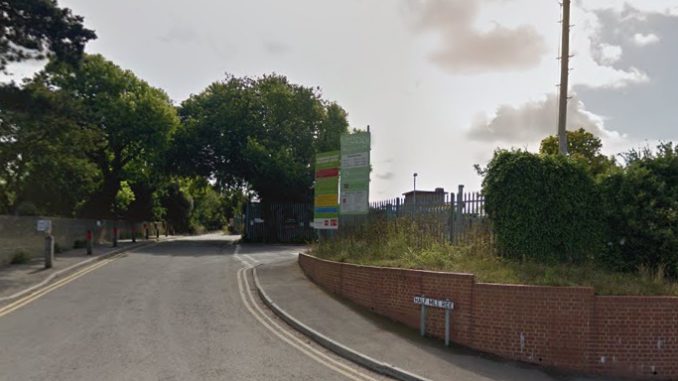
Kent County Council has pledged to invest £250,000 to tackle fly-tipping.
The announcement comes just days before charges are brought in for non-household waste at the Household Waste and Recycling Centres (HWRC), including those at Margate and Richborough.
KCC operates 18 HWRCs, providing facilities for the recycling and disposal of more than 30 different types of waste but is not obligated to accept non-household waste at its sites, such as soil, rubble, hardcore and plasterboard.
From June 3 these will incure a charge of £4 per bag for soil, rubble and hardcore and £6 per bag of Plasterboard
County council leader Paul Carter says the fund will now be put in place to deal with any flytipping issue.

He said: “We will be providing an additional £250,000 to crackdown on flytipping, an anti-social crime often carried out by criminal gangs. Over 90% of fly-tipped waste we see in the county could have been disposed of for free at an HWRC or from a kerbside collection.
“While I do not believe the new policy will turn law-abiding citizens into criminals, I cannot predict what criminal gangs might do in response. However, we will be launching a campaign for additional enforcement with the money being made available to the Kent Environmental Crime Waste Practitioners Group which includes Kent Police, the Environment Agency, the National Farmers’ Union (NFU), DVSA and district and borough councils.
“Yesterday we spoke to Kent Police, NFU and a number of district councillors who are encouraged and enthused by this additional investment. This campaign will now take enforcement and detection to a new level.”
A new household waste site for Kent will also be built in Tonbridge and Malling, alongside successful negotiations allowing Kent residents to use Medway sites
Each year Kent’s household waste sites receive approximately 185,000 tonnes of waste and 3.5 million visits, at a cost of approximately £10 million to the taxpayer.

